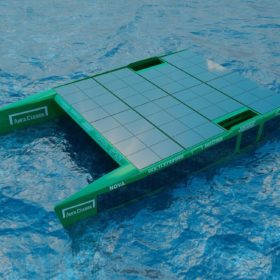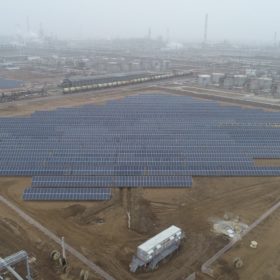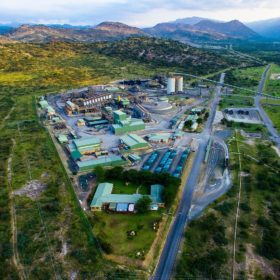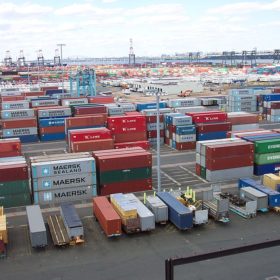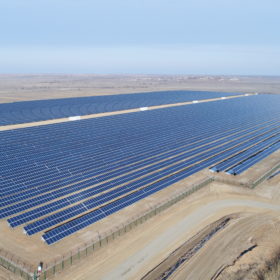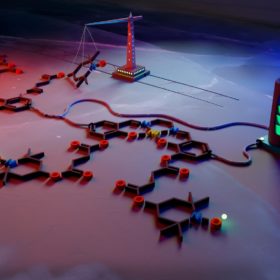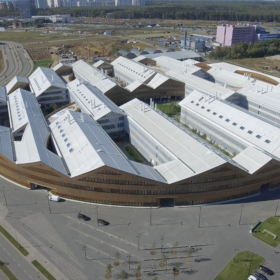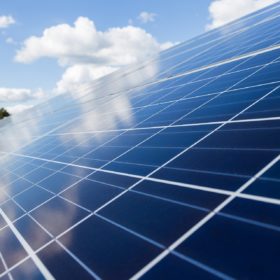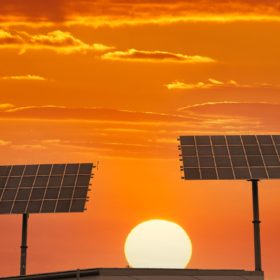Solar catamaran 100% powered by heterojunction modules
The 100% solar-powered boat will be tested in a 9,000 nautical mile expedition from Chile to Australia that is set to start in December. The vessel is equipped with an 11 kW PV system built with heterojunction modules provided by Russian manufacturer Hevel Solar.
Russian oil giant Lukoil commissions 20 MW solar park
The facility is located on an area of an oil refinery comprising 17 unused sites.
Green hydrogen supply chain concerns
With South Africa holding 63,000 of the world’s estimated 69,000 metric tons of platinum reserves – according to the Statista.com website – and Russia and Zimbabwe a further 5,100 between them, the European Commission has cited the metal as an example of a potential supply chain bottleneck that could handicap its grand plans for renewables-powered hydrogen production.
Hevel Solar unveils 22.3%-efficient heterojunction BIPV module
The new panel has a nominal power of 395 W and a claimed temperature coefficient of 0.28% degrees Celsius.
India’s solar imports dipped 75% in ten months
Covid-19 disruption has been cited as the chief culprit as imports from China, Thailand and Vietnam slumped from April to January, but safeguarding duty also appears to have had an impact, with unaffected imports from nations such as Myanmar, Chad and Russia on the rise and Malaysian trade keeping steady.
Mounting interest for solar-linked bilateral deals in Russia
Under the current Russian energy regulatory framework, bilateral deals can be concluded between a seller and a buyer with a power distribution company mediating as a third party.
Nickel-salen for a battery that charges in 10 seconds
Scientists in Russia introduce a promising new material for battery energy storage, the product of more than three years of research. Incorporating a nickel-salen polymer into the cathode, the group demonstrated a battery that can charge and discharge ten times faster than today’s lithium-ion batteries. And though the battery still lags in terms of overall capacity, the group is confident that its discovery will lead to big improvements for lithium batteries.
New materials for organic redox flow batteries
Scientists in Russia have designed a whole series of new compounds that could serve as catholytes and anolytes in organic redox flow batteries. The materials promise to open up new pathways for further research, and overcome some of the challenges for organic redox flow batteries in commercial, large-scale energy storage projects.
Solar could help Azerbaijan consolidate gains in Nagorno Karabakh after recent conflict
That was just one of the revelations of the latest Dentons’ Guide to renewables investment in Europe, which also noted solar plants could be switched off in Slovakia, Ireland could go either way on clean power pricing, and Luxembourg is struggling with a surprising headache.
Holographic film to protect solar panels from overheating
Russian scientists have developed a holographic film based on prismatic concentrators that reduces the operating temperature of solar panels, including thermal-photovoltaic devices. They claim the patented, low-cost technique can even improve PV module efficiency in cloudy weather.
